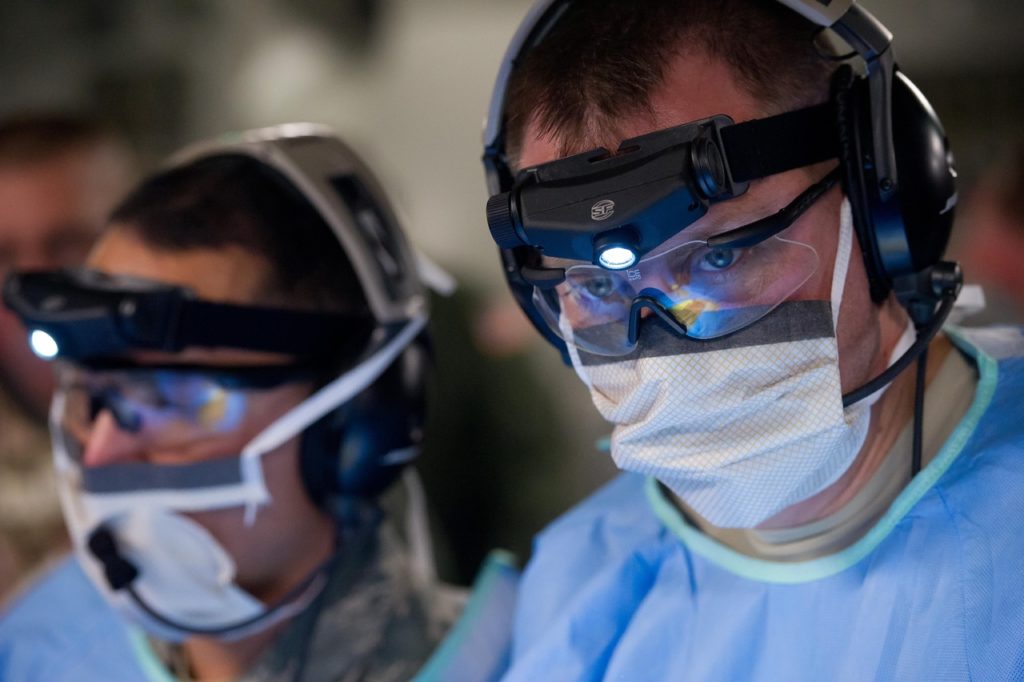The government of Monaco has responded to news that the principality received a shipment of protective face masks from Belgium, despite the acute shortage here, and despite a European Union embargo on exports.
The revelation was made last week by the financial daily De Tijd, which reported that Belgium has issued 284 export licences for shipments of face masks, protective glasses and visors and other personal protective equipment, known as PPE.
One of those shipments was destined for Monaco, which is not in the EU but is in the Schengen area and is part of the customs unions. The EU rule, introduced on 15 March, places an embargo on all exports of PPE outside the EU, unless the government concerned explicitly allows it.
Then the government of Monaco responded to the allegation through its spokesperson, Frédéric Cauderlier.
“The Principality of Monaco was simply a client of Liège airport, passing Monegasque orders made in China through Liège – no more, no less,” he said.
“Other orders transit through Brussels Airport, Amsterdam, Luxembourg, Paris, Milan, and so on. These masks never belonged to Belgium," he added.
The federal economy ministry in Belgium, which is empowered to apply the EU order, explained that 116 of the 284 licences were granted on the basis of “contractual and commercial obligations,” 103 in connection with humanitarian aid, 56 in-company, from one branch of the company to another, and the nine remaining in the form of gifts to family members.
The Monaco masks fell under the first category, said Cauderlier, who was formerly a government spokesperson in Belgium under the premiership of Charles Michel. Monaco had made the deal itself in China for supply of the masks, which were then shipped to Liege airport for delivery to Monaco.
“Those that passed through Liege remained for only a matter of hours on the tarmac before being transported by road,” he said.
Meanwhile Belgian economy minister Nathalie Muylle (CD&V) added some precision to her office’s previous explanation on the circumstances of the other shipments. The major part came in the form of shipments for Doctors Without Borders, which sends materials routinely from Brussels to its operations worldwide.
Other cases concerned Belgian companies sending supplies to their employees abroad, and to a Belgian company which has a large customer base in the Middle East.
More importantly, she said, each licence granted by the Belgian government which derogated from the March 15 order was communicated to the EU Commission, and had in none of the case been the subject of remarks.
Alan Hope
The Brussels Times

